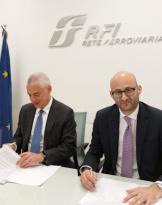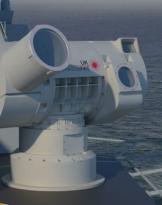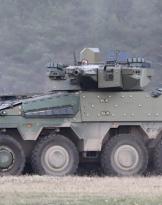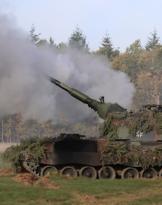The new air traffic control system (Air Traffic Control - ATC) of Turkey, built and delivered to the customer DHMI (General Directorate of State Airports) by Finmeccanica through the Security and Information Systems division, has reached full operation . The entry into service of the system represents a milestone in the SMART program (Systematic Modernization of ATM Resources Turkey), which plans to upgrade the country's ATC infrastructure and services.
The new system, which connects more than 20 control towers and the related 600 workstations, significantly improves the flight traffic management of the entire airspace of the country. From Ankara, site of the main operational center, it is possible to support the operations of the 50 sectors in which the Turkish airspace is divided, managed by the cities of Istanbul, Izmir, Antalya, Ercan, Dalaman and Bodrum. Unique in the world of its kind, the Finmeccanica system also makes it possible to carry out tests, simulations and training and has an intrinsic ability to restore functionality in the event of disasters. In these situations it is in fact possible to move air traffic operations safely and quickly from Ankara to Istanbul, without the risk of data loss and performance, as well as transferring flight information and communications between operators, pilots, airlines and airports from individual regions .
All the structures interconnected by the ATC system are able to monitor and share information related to surveillance, flight plans, weather conditions and aeronautical and additional data. Radio and voice communications are accessible via digital VoIP (Voice over IP) technology and connections are secured through WAN (Wide Area Networks) on land and satellite networks, automatically set up based on need.
Moreover, advanced functionalities are available in line with the most recent standards defined by EUROCONTROL and ICAO, respectively the European and international civil aviation authorities, and with the rules introduced by SESAR (Single European Sky ATM Research). The project was designed to include potential updates in the future in terms of capacity, performance, safety and operational efficiency, in order to respond to the increase in air traffic expected in Turkey starting with the 2020.











